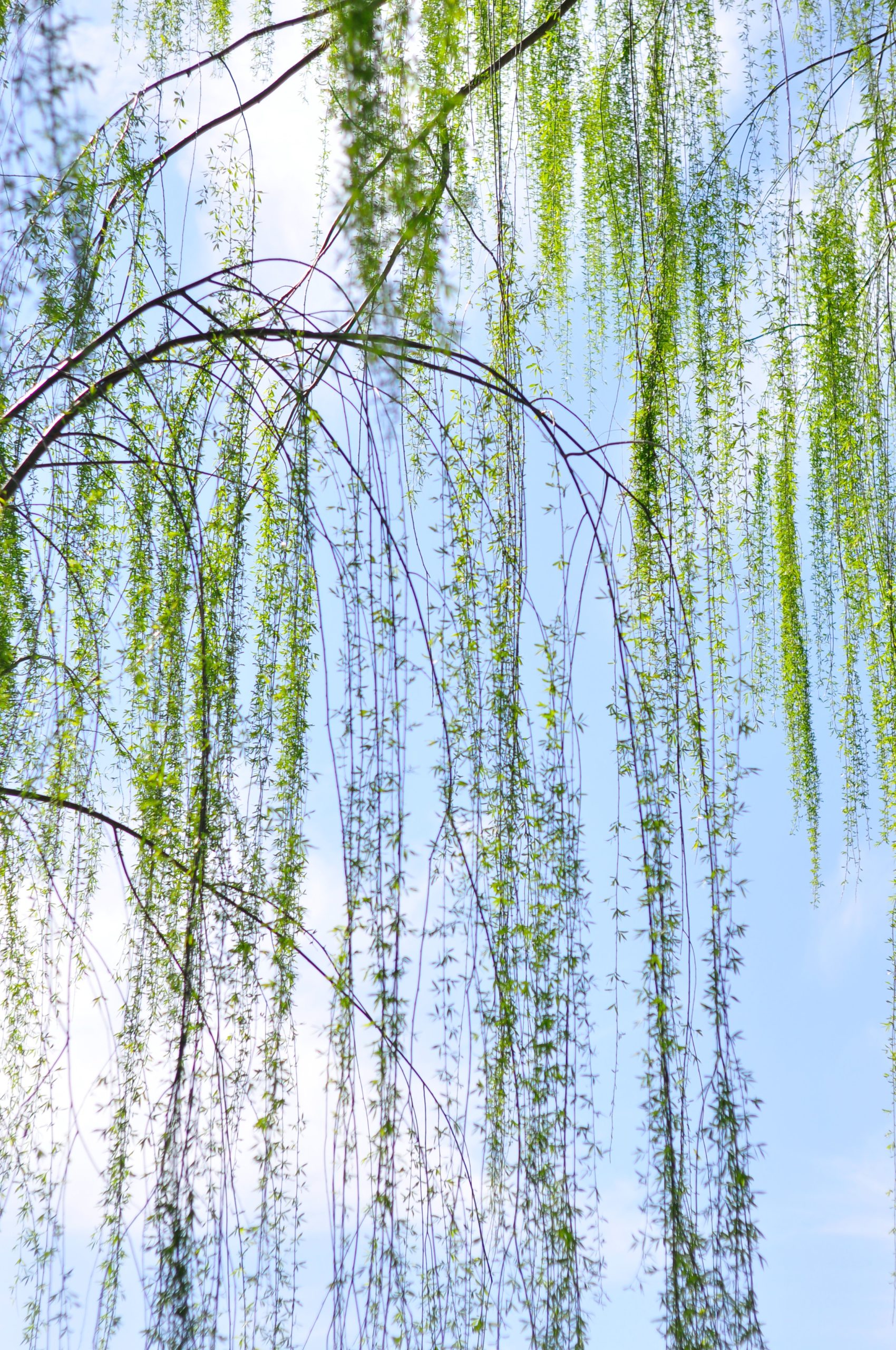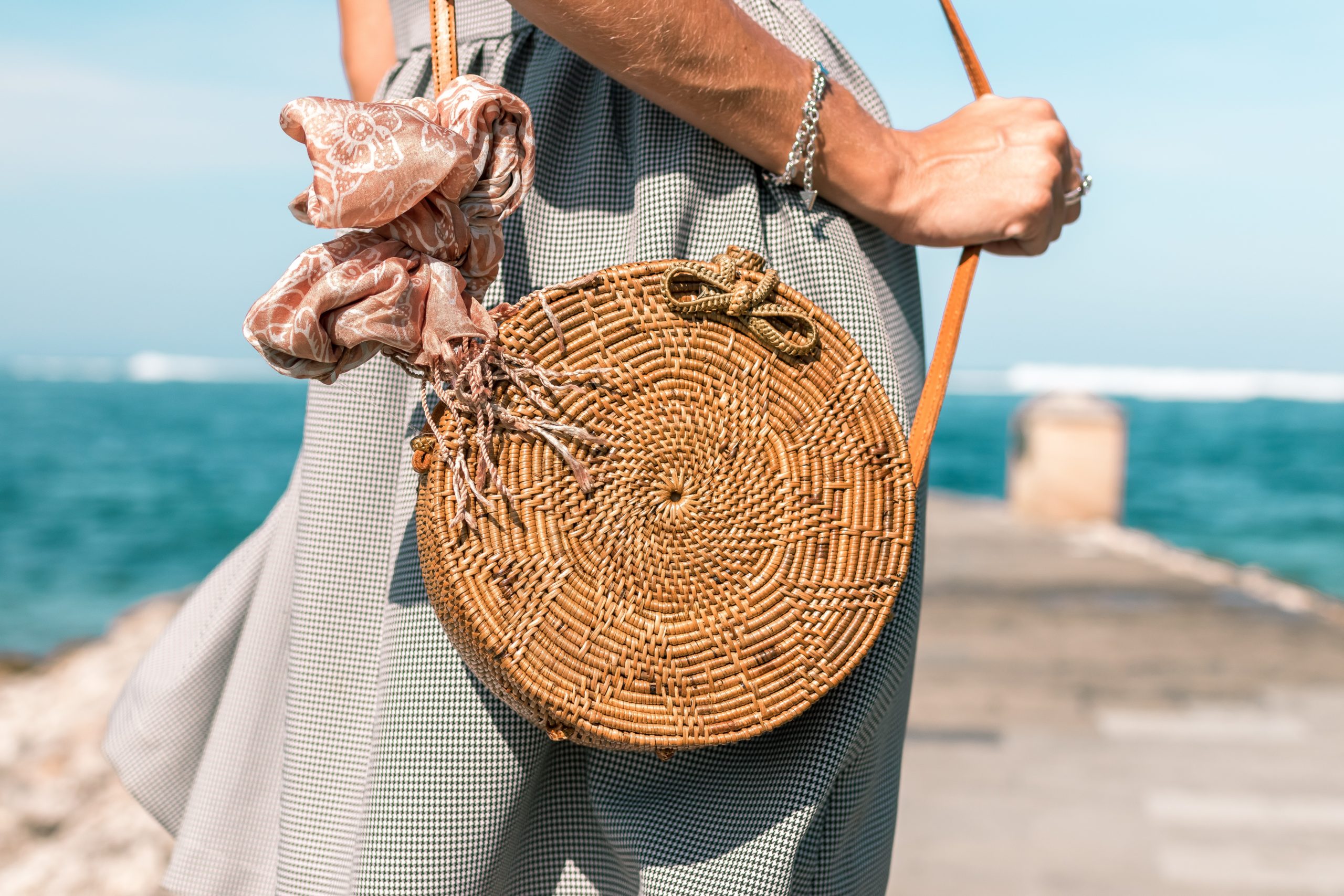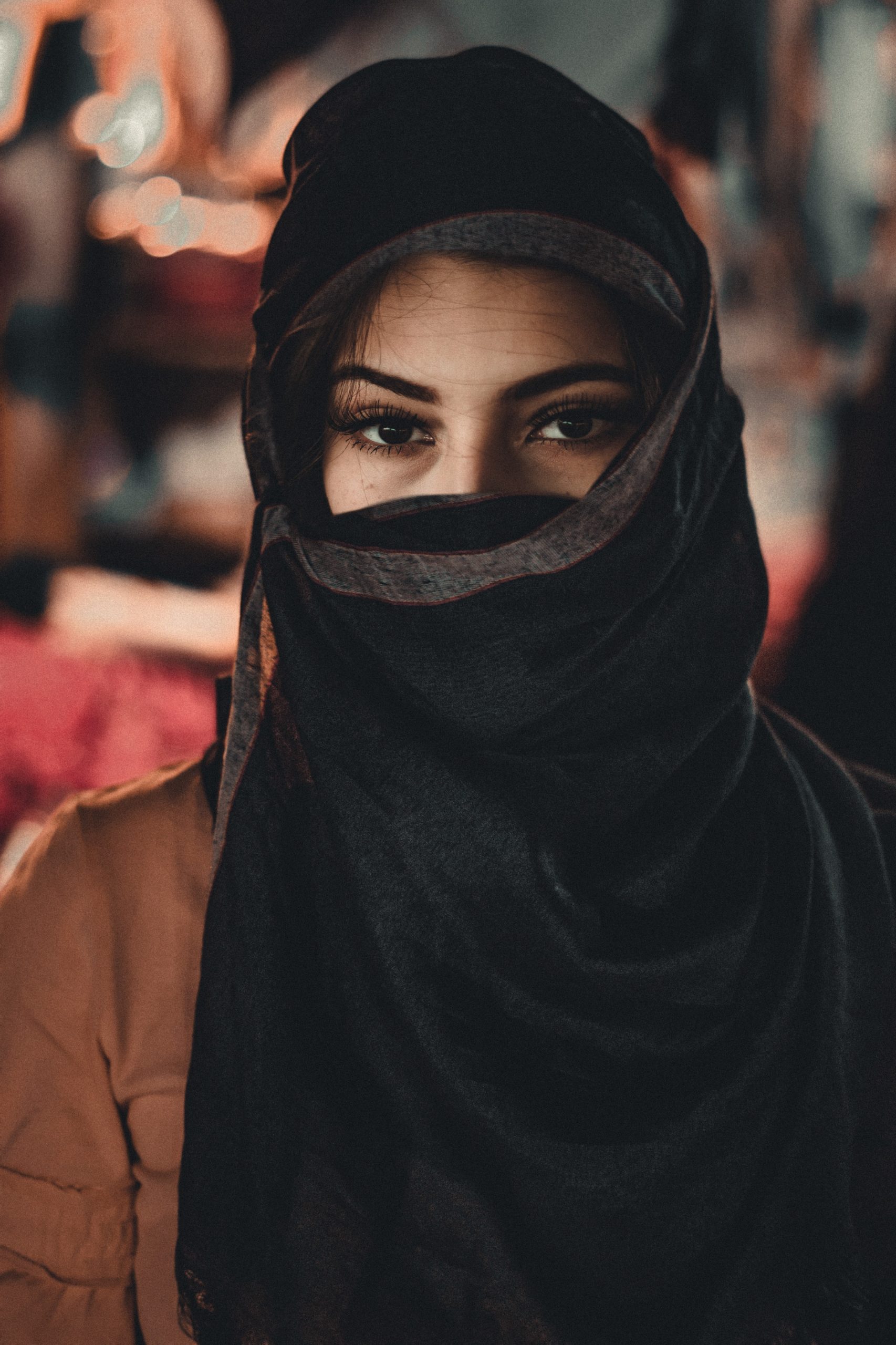“The Tone-Up” amplifies the voices of Muslim women who have something exclusive about Muslim women to talk or rant about. In this instalment, Assia Hamdi reminisces on the days of the Black Panther Party, when the revolutionary third world was united as one.
Trigger Warning: It must be noted that Eldridge Cleaver was a convicted rapist and was riddled with toxic masculinity traits that were rampant within the revolutionary movements which were highly patriarchal. We do not condone his actions but seek to provide a nuanced and different side of history.
An era of history that is often forgotten or glossed over in the history books is the international chapter of the Black Panthers Party (BPP). The ’60s and ’70s were decades ablaze with a revolutionary fervour that aimed to stamp out the injustices that had been festering in the form of imperialism, apartheid and white supremacy. Justice was being fought for internationally and as new nations rose from the ashes, the BPP’s members and messages travelled globally.
The Black Panther Party is either revered for its radical approach to the Black Civil rights movement or touched upon in education curriculums to illustrate how justice should not be pursued. Western propaganda and bias surrounding the BBP is glaringly obvious but rarely acknowledged. Founded in 1966 by Huey P Newton and Bobby Seale, the Black Panther Party was a socialist, Black Nationalist and armed revolutionary organization.
However, beyond the noise of weapons and action, breakfast clubs and teaching the next generation of African American’s beautiful black heritage, the BPP were thinking of new strategies for their revolutionary group. Individuals like Eldridge Cleaver were inspired by Malcolm X’s approach to internationalising the Black Civil Rights movement as a means to justice. In the ’60s, revolutionaries across the global south were reclaiming territorial and political independence, the global air stirred with hopes and dreams. In tandem, national movements whether the independence war in Algeria or the anti-apartheid struggle in South Africa inspired each other. It wasn’t long until the Black Panthers caught the international bug.
Cleaver understood that as defiant as it felt to hold guns, it was not enough to decolonise Black America. Weapons would not work against the US government, who had enough arms and artillery to obliterate them. In 1968, the Black Panther’s transitioned from national strategies to international means. National and international circumstances propelled the Black Panthers to consider different strategies, on a national scale, the assassinations of prominent leaders like Malcolm X and Martin Luther King Jr highlighted that even the highest leaders could be annihilated by the malignant forces of the US Government. While, the Mulford Act repealed the law allowing citizens to have loaded firearms. ( A historical fact often omitted when there are talks of gun laws) When it came to the Black Panthers defending themselves, the NRA, Republicans and Democrats could all agree to limit gun laws.
Meanwhile, across the third world, Vietnam’s war had been waging since 1955, the Palestinian Liberation alongside the Jordanian Armed Forces fought the Israeli imperial forces in the Battle of Karameh, Mauritius gained independence from the British in 1968 whilst Equatorial Guinea gained independence from the Spanish and South Africa was boycotted from the Olympic Games in 1968 due to its Apartheid government. The world was bursting into flames with the fervour of rejecting injustice through decisive actions. Most of the world struggled against colonist institutes that had been in place for centuries.
We have to admit, it’s easy to look back at the past with rose-tinted glasses of respect and admiration for people who fought for self-determination against capitalism, imperialism, and white supremacy. However, to avoid the white gaze and colonialist orientalism that forces people from the West to view the ‘rest’ as all the same, we must admit that each nation, region and human rights violations had its unique issues. Countries and groups often found out in the long run, they could not continue working together for fear of disrupting national state-building goals or rights struggle.
However, this should not diminish the exchanges and attempts to work together. At the time these relationships would have been revolutionary both (metaphorically and physically) and forward-thinking. We cannot allow Western colonial knowledge, the tools in which the conqueror rewrites history dampen the legacy of international revolutionary relationships that fostered on battlegrounds against White Supremacy. Just because they didn’t succeed in the way that we imagine does not take away from the significance of these events.
The Black Panther’s International chapter included events such as the :
- In 1969, the first Pan- African Festival was held in Algeria in July 1969, which featured none other than the South African Miriam Makeba and African American Nina Simone
- Guests included members from Guinea Bissau and Cape Verde (PAIGC), Angola (MPLA), Mozambique (FRELIMO), Namibia (SWAPO), South Africa (ANC) and the US (Black Panthers)
- In 1970, the Eldridge Cleaver releases the statement
“The Black Panther Party unequivocally supports the Palestinian people and their Vanguard forces in their struggle against the Zionist aggressor and the Hussein reactionaries who have combined with the US Imperialist aggressors to drown in blood the glorious march of the Palestinian people to freedom, liberty, independence, and peace.”
- The Black Panther Party being used as unofficial guards for Oliver Tambo, then the President of African National Congress in 1970, Algeria when he arrived for talks on liberation movements.
- Stockley Carmicheal, The Black Panther’s Party’s theorist and militant fleeing to Algiers in 1967. Upon arrival, he said “Here I am, finally, in the mother country,”
- In the old part of the Algiers, the Casbah, The Panther delegations met revolutionary leaders from Haiti, Angola, Mozambique and Zimbabwe to discuss anti-colonial violence strategies and global means against white supremacy.
- Eldridge Cleaver established the International Section of the Panther and was recognised as the Black Panthers ambassador to Algiers in 1970.
- The Vietcong funded the Black Panther’s party, whilst the Black Panther’s incited further anti-war sentiment.
- The North Vietnamese government offered an exchange to release U.S. prisoners of war for the freedom of BPP leaders Bobby Seale and Huey P. Newton. This offer was rejected by the Nixon administration.
Amical Cabral a Bissau Guinean and Cape Verdean pan-Africanist said “The Muslims make the pilgrimage to Mecca, the Christians to the Vatican, and the national liberation movements to Algiers.” Algeria gained independence in 1962 from the French colonial powers after 132 years of bloody settler colonialism and a 7-year independence war. Although reverberating from its war, it became home to anyone who would stand against imperialism and colonialism.
When the Black Panther arrived in Algeria in 1969, they were granted cash salary, equipment to execute their plans, travel in and out of their country, which allowed them free reign in strategising for black liberation. For 3 years, the Black Panthers used Algiers as their base for international communication. Theories and ideas were strengthened, Algeria had won its war through guerilla warfare and militarism thus strengthening the Black Panther’s approach to revolution through violence. Elaine Mokhtefi’s memoir “Algiers Third World Capital: Freedom Fighters, Revolutionaries, Black Panthers” describes her work, meeting leaders like Fidel Castro, Ho Chi Minh and Ahmed Ben Bella, organising meetings and conferences and propelling means to self-determination internationally.
Although, nothing was perfect, and emerging governments across the world had to deal with their infrastructural government barriers, opposing ideas, increasing divisions and contradicting strategies. It is still worth considering that in a capsule point in history, things seemed to move in a direction that considered everyone’s freedom, groups realised they had more in common in their humanity. The division that had been in place through segregation, colonialist structures and white superiority tools were repealed through working together for collective liberation. For a while, the heroes of the decade were people whose mind and matter was not white, Fidel Castro in Cuba, Gamal Abdel Nasser in Egypt, Malcolm X in America, Ben Bella in Algeria, Ho Chi Minh in Vietnam, amongst many others. Suspend your politics of left and right, or your views on violence and non-violence as a means for liberation for a second and consider that for a period of time people tried to put the oppressed people first, together.
References
- Algeria’s forgotten revolutionary history (africasacountry.com)
- Every Brother on a Rooftop can Quote Fanon: Black internationalism 1955-1966
- “Juche, Baby, All the Way”: Cuba, Algeria, and the Asian Strategy, 1969–1970
- “We’re Relating Right Now to the Third World”: Creating an Anticolonial Vernacular, 1967–1968
- Culture and Revolution: The Pan-African Festival of Algiers | Red Pepper
- A Black Panther Guide To Algiers (roadsandkingdoms.com)
- ScreenNotes: The Pan-African Festival of Algiers + Trances (barbican.org.uk)
- Black Liberation and the Vietnamese struggle – Workers World
Have anything to talk or rant about? ‘The Muslim Women Times’ is looking to expand the voices of Muslim women on issues affecting Muslim women. Send pitches or contributions to contribute@themuslimwomentimes.com along with your bio, social media handles and your favourite headshot. Read More on our Contributions Page.




